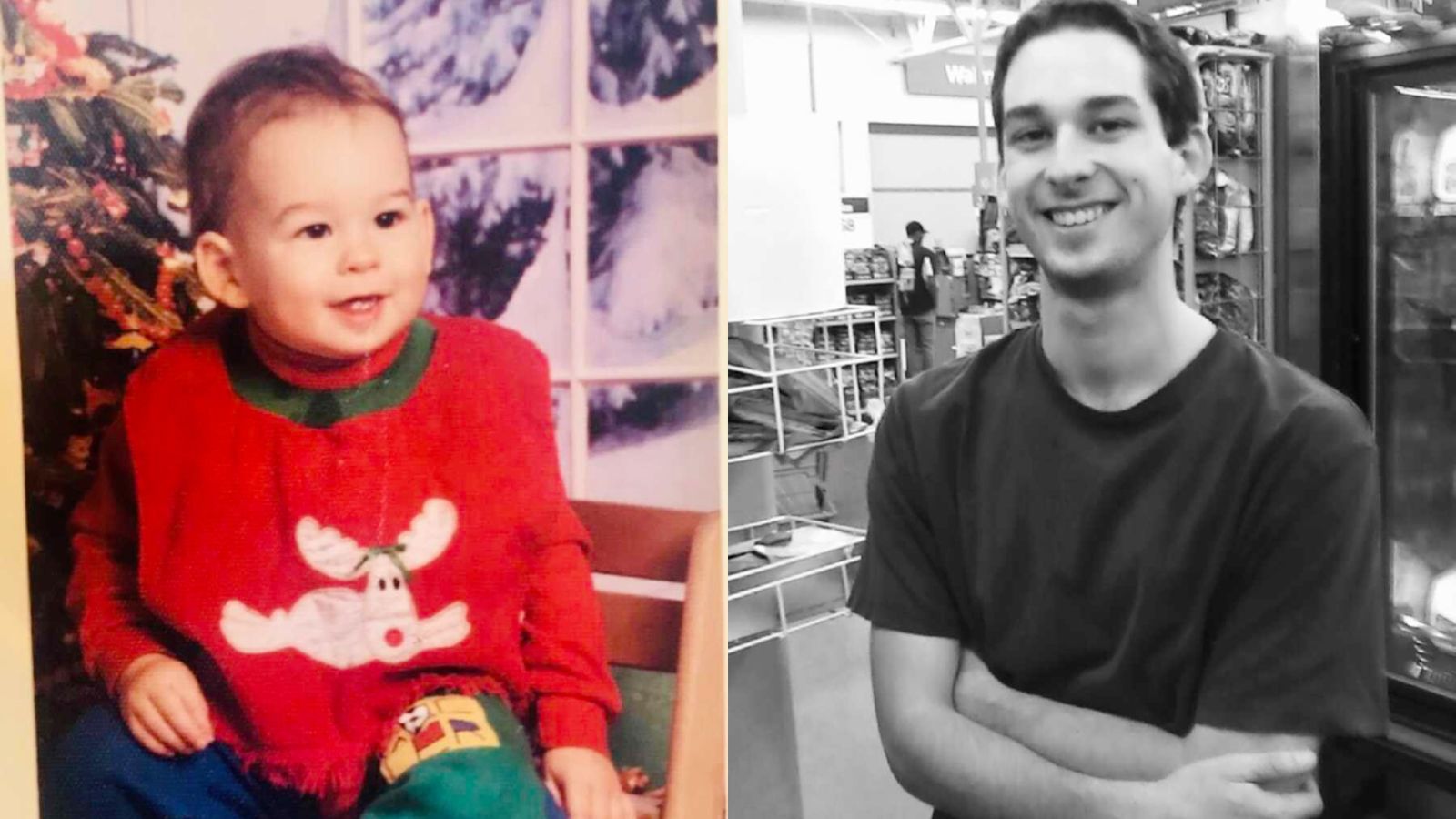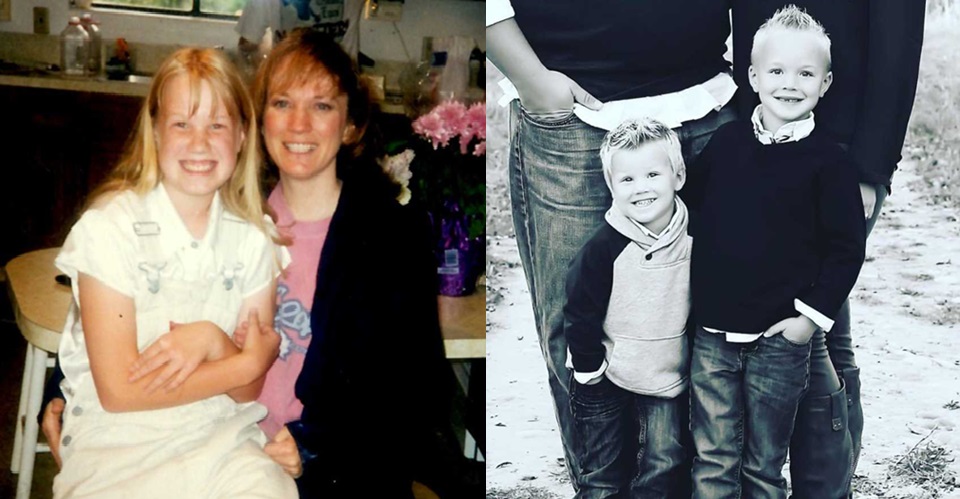On the morning of October 11, 1996, my big brother Glen woke up on his fourth birthday to find his most unexpected gift me. His little sister. We shared a birthday, four years apart, and a bond that shaped my earliest memories.
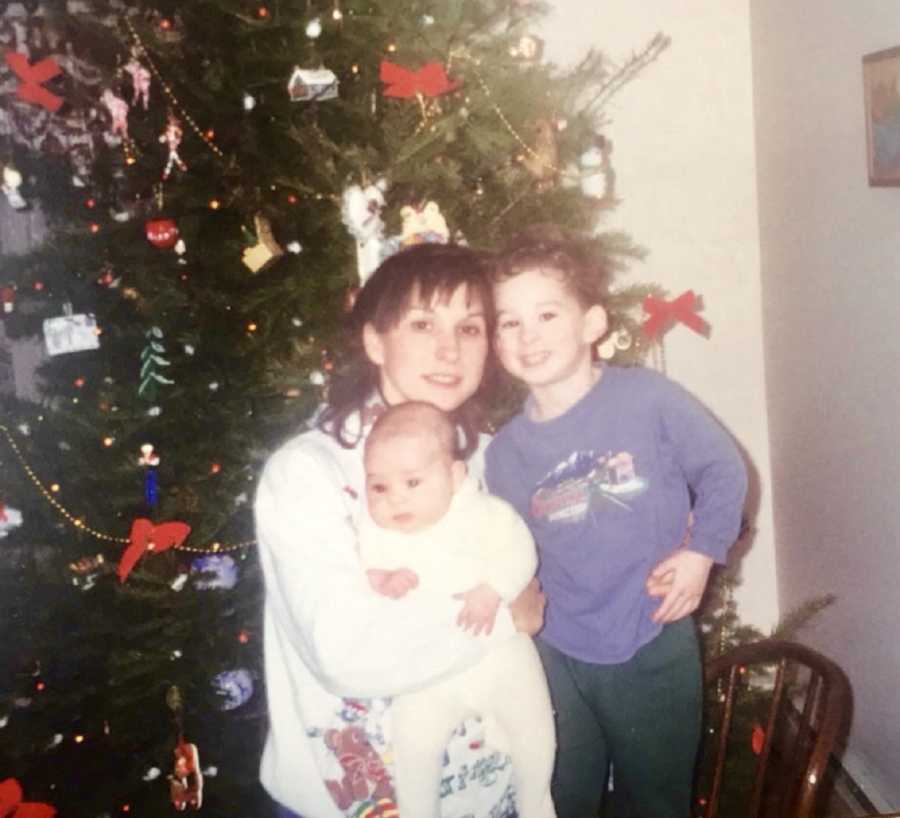
I looked up to Glen. He was cool, funny, brilliant. Together, we built LEGO robots, battled them near the fireplace on Christmas Eve, watched Saturday morning cartoons, and drew comic books we taped to the wall behind his bunk bed.
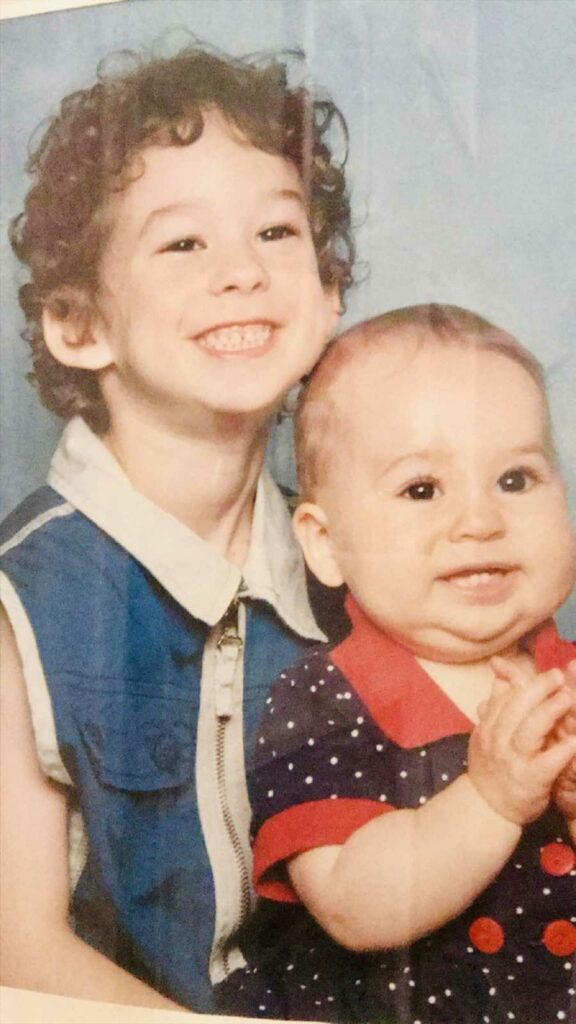
I remember watching him catch crabs at the beach with his bare hands and build science experiments in the basement. Glen was caring, curious, and full of life.
But as Glen grew, things got harder. He was diagnosed with ADHD at a young age, and later, Tourette’s syndrome. He was perceptive, creative, and intelligent but those qualities didn’t always fit neatly inside a classroom. Teachers misunderstood him. Some were kind. Others, cruel. A private school that once praised his brilliance eventually expelled him not because he was “bad,” but because he was different.
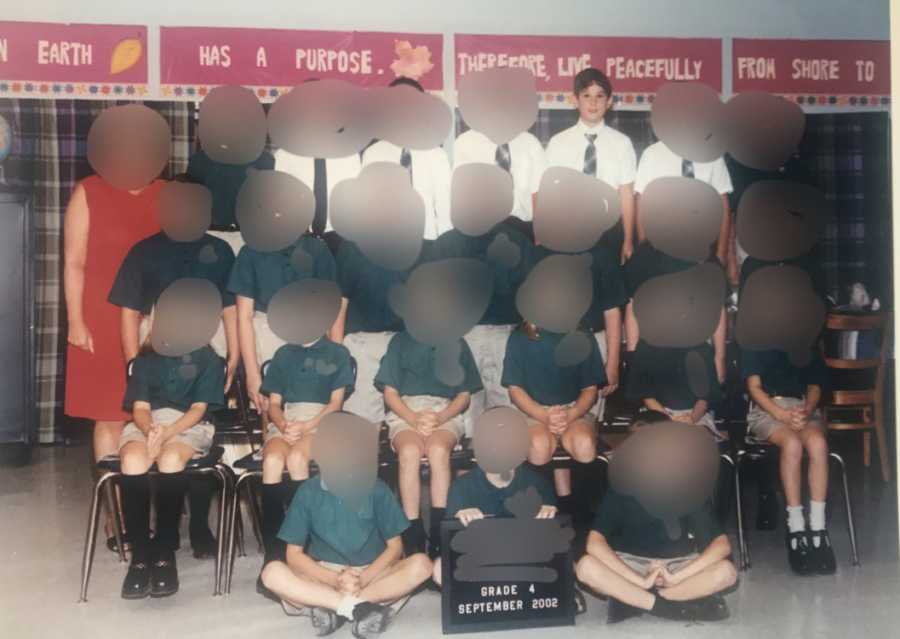
The truth is, Glen wasn’t broken. The system was.
The medication for ADHD led to tics. The tics led to anxiety. The anxiety led to ridicule. The ridicule led to isolation. He started believing what the world told him: that he was difficult, disruptive, “the bad kid.” He wasn’t.
After his expulsion, our family fell into transition divorce, selling our childhood home, starting new schools. I didn’t understand it all at the time. I only knew that the happy, vibrant brother I had always known was slowly disappearing.
As he grew older, Glen struggled with identity and belonging. He was angry, withdrawn, and hurt. The warmth he carried as a child was still there buried under shame, misunderstood diagnoses, and the emotional weight of chronic illness. In his early 20s, Glen was bitten by a tick and developed Lyme disease. It was severe, affecting his central nervous system, his sleep, his cognition, and his hope. He tried to advocate for himself, but doctors dismissed him. The treatment came too late.
On the morning of February 3, 2018, Glen passed away. He was 25.
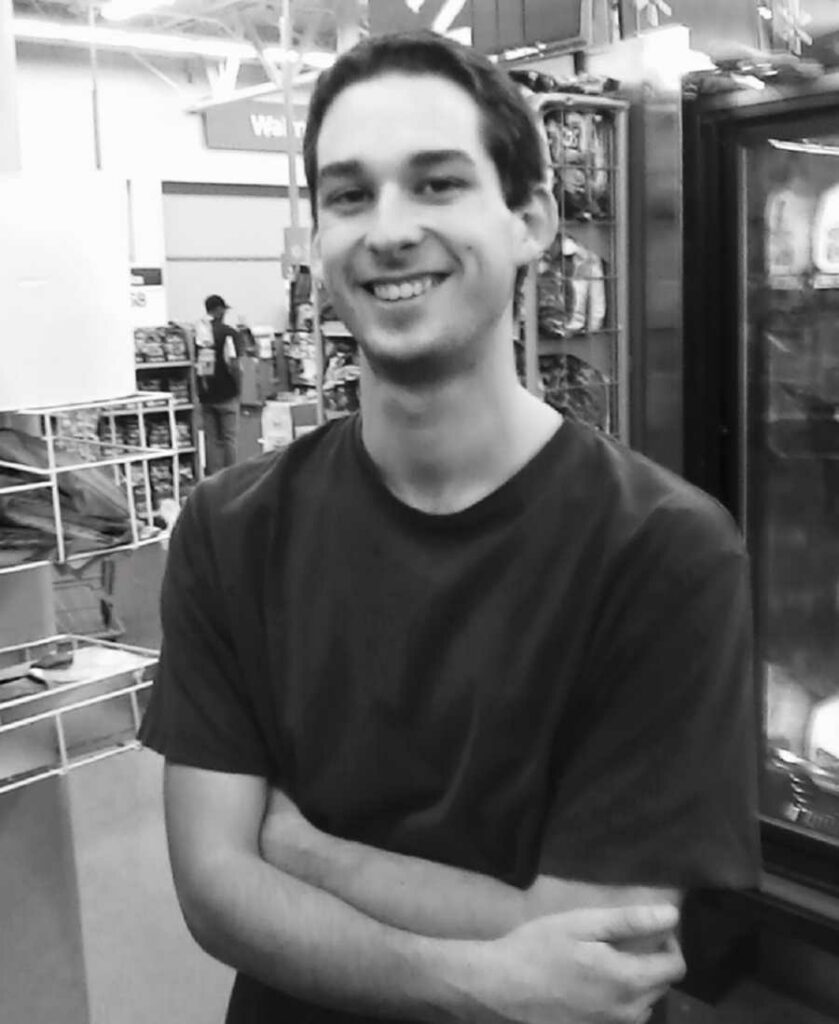
The world might ask how Glen died. But the real question is why. Glen died from more than an illness. He died from years of being unseen, unheard, and unfairly labeled. He died with a belief that he was unlovable, even though he was loved deeply.
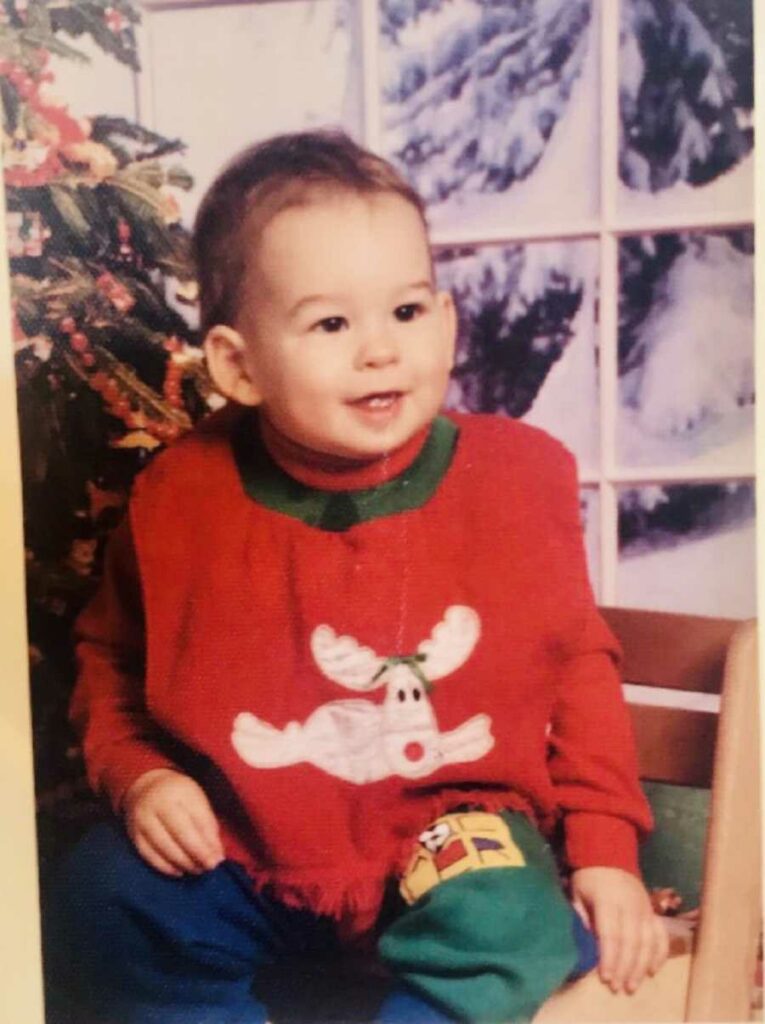
Grief lives in our home now. It shows up in quiet moments, in memories of crayon comics and LEGO battles, in the question marks he left behind. But today, I want to remember the light Glen brought into the world and to tell the world what I wish Glen always knew:
You were not “the bad kid.”
You were brilliant. You were kind. You were worthy of compassion, understanding, and a chance.
Love always,
Your little sister, Juliette
